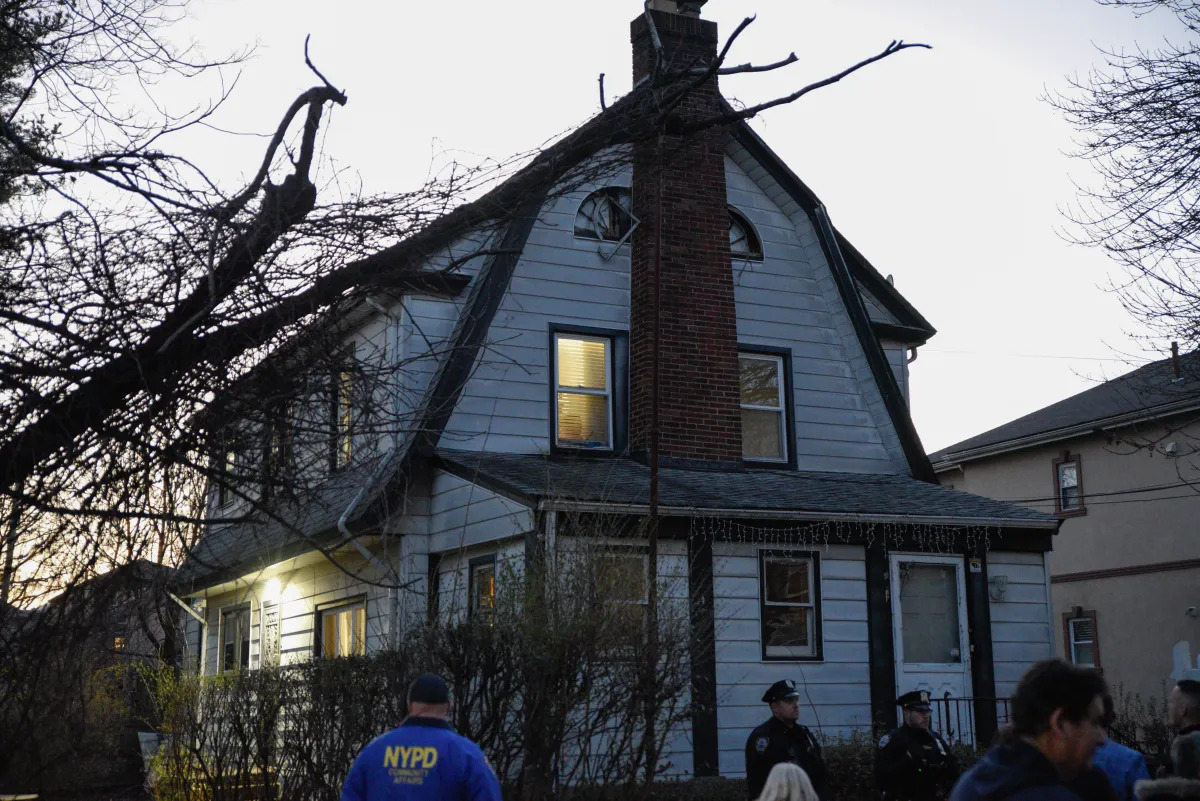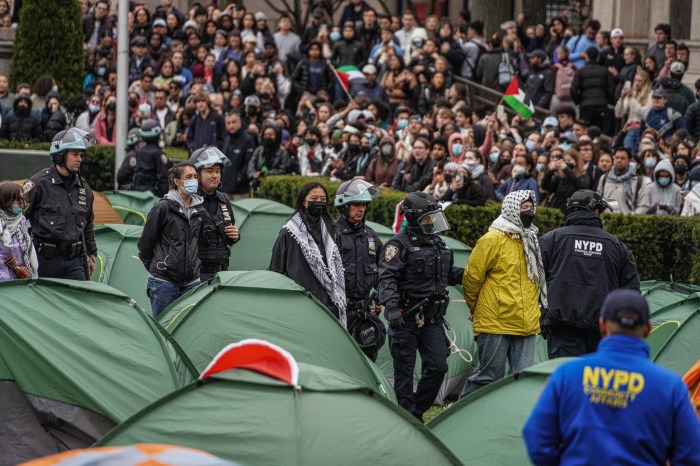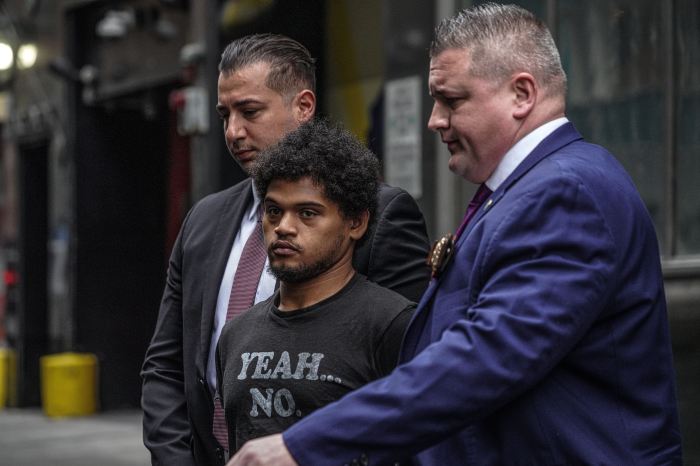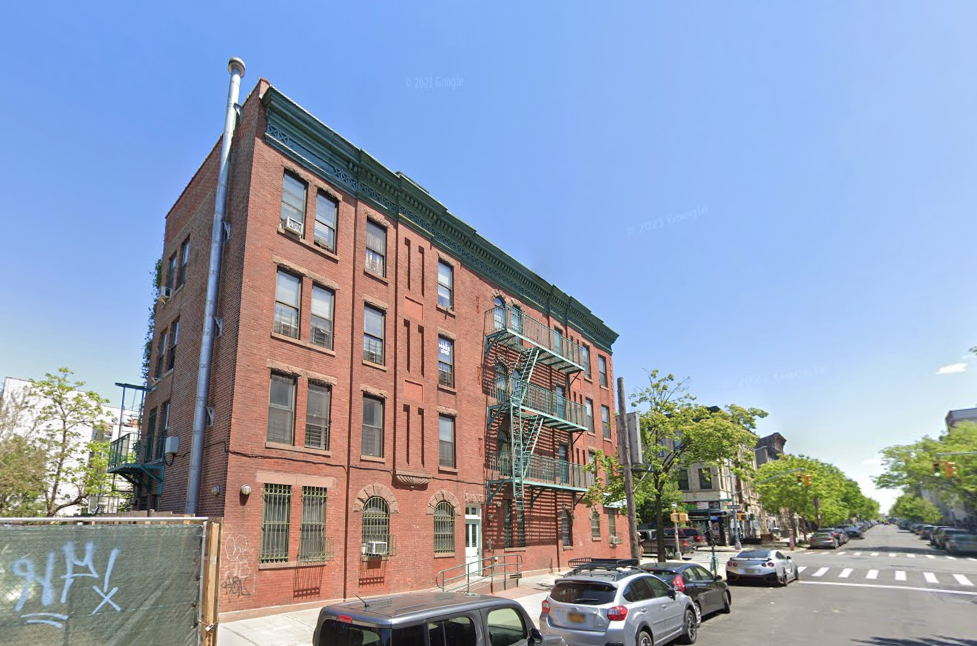
BY DUNCAN OSBORNE | Before pleading guilty to the murder of an 87-year-old man in the man’s Murray Hill apartment, Miguel Abarentos was preparing to offer an extreme emotional disturbance defense in the 2012 homicide.
“He was hyper-sensitive to certain slights,” Toni Messina, Abarentos’ attorney, said following the 30-year-old’s plea in Manhattan Supreme Court on December 19.
In 2012, Abarentos was employed as a caregiver for Thawerdas Sadhwani, who was described in published reports as a jeweler. No stories have quoted or cited any family or friends for Sadhwani nor have any stories said that he was gay. On December 15 of that year, Abarentos killed the older man in a particularly brutal manner and stole $7,000 from Sadhwani’s home.
Earlier psychological defense plan suggested “homosexual panic” plea might be an element
Abarentos fled to the Philippines, where he was born and raised, but not before confessing to the killing on Facebook. He later told his brother that he had killed Sadhwani. Police found Abarentos’ DNA in the apartment and video shows him arriving and later leaving the building around the time of Sadhwani’s death.
Abarentos was arrested in the Philippines in 2016 and extradited to the US. He was charged with a single count of second-degree murder, which carries a maximum sentence of 25-years-to-life. He pleaded guilty to second-degree murder and will be sentenced to 20-years-to-life on January 23.
Earlier in the case, Messina filed notice that she would argue her client suffered from an extreme emotional disturbance when he killed Sadhwani. Under that defense, a defendant argues that the disturbance was so severe that he could not form the legal intent to kill that is a required element for proving second-degree murder. If a jury agrees with the defense, a defendant facing a second-degree murder charge will be convicted of first-degree manslaughter, which carries a maximum sentence of up to 25 years in prison.
Messina told NYC Community Media that Abarentos suffered from post-traumatic stress disorder (PTSD) though she declined to say what caused that condition. That underlying condition was inflamed because Sadhwani was abusive at times, she said, and she seemed to imply that he was seductive at other times.
“In one particular instance, [Abarentos] was rubbing the guy’s knees and he didn’t like that,” Messina said.
She declined to answer when NYC Community Media asked if she had been preparing a homosexual panic defense in the case. That defense, which argues that straight men fly into a homicidal rage when gay men hit on them, is less and less successful these days. Generally, juries do not respond well to psychiatric defenses, seeing them as little more than an effort to evade responsibility for a crime, but they can work.
Abarentos’ state of mind during the murder was “just like blowing the top off of a volcano” and that “just being with a man and being insulted by him” contributed to that volatile condition, Messina said.
Abarentos entered his guilty plea before Judge Ellen Biben, answering “Yes” to her questions, but otherwise not making any comment. The case was prosecuted by Maxine Rosenthal, an assistant district attorney in the Manhattan District Attorney’s Office.

















